Books on loneliness can feel like a quiet companion when people drift apart and no one seems to listen. During those moments of disconnection, many turn to literature for solace. In fact, research shows that structured reading programmes and social reading interventions lead to measurable improvements in wellbeing and reduced isolation.
Beyond this evidence lies a simpler truth: reading eases racing thoughts, makes room for reflection, and allows another voice to sit with you. A novel, a poem, or a memoir can become company, showing that words themselves carry presence and care.
That confirms reading can be more than comfort; it can connect. For many readers, it also eases the feeling of being alone, turning silence into a form of company.
Here are ten of the best books on loneliness, spanning fiction, non-fiction, philosophy, and psychology/self-help. Let this reading list be a bridge: from silence to understanding, from isolation to subtle connection.
Fiction Books On Loneliness
Novels about loneliness do more than show sadness; they highlight the human search for connection. These books are especially suited for readers who want mirrors of their own experience, reminders that solitude is shared and not carried alone.
1. On Earth We’re Briefly Gorgeous – Ocean Vuong
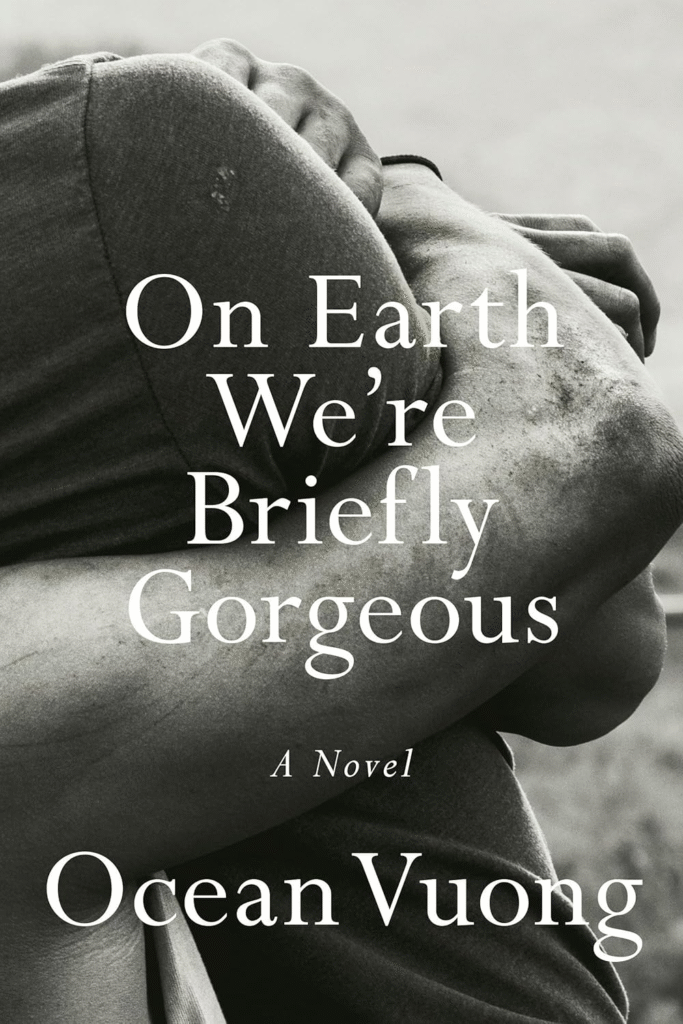
On Earth We’re Briefly Gorgeous is an acclaimed novel written as a long letter from a son to his mother, who cannot read. It looks closely at memory, migration, masculinity, and the bruises left by silence within families. Vuong’s poetic background lends the novel an unusual cadence, allowing prose and lyrical fragments to intersect in ways that deepen its role as an emotional healing book.
The book matters for anyone turning to books on loneliness during moments of disconnection. It demonstrates how language can hold pain and still create closeness. Readers may find in it not answers but recognition. It is often described as one of the essential emotional healing books, offering companionship through voice and style.
2. The Bell Jar – Sylvia Plath
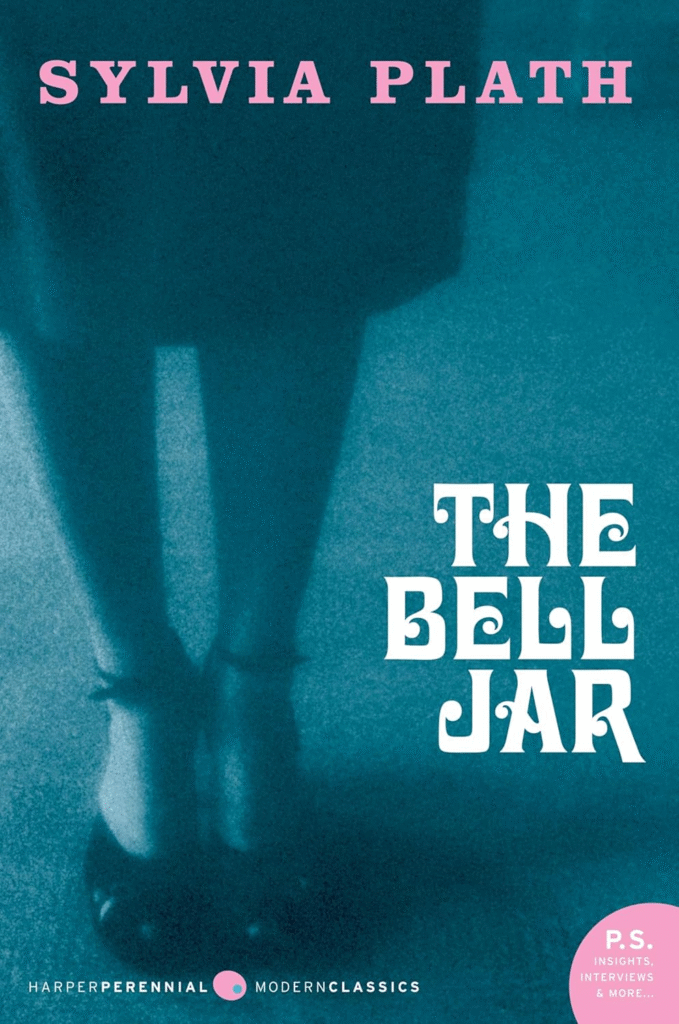
Published in 1963, The Bell Jar follows Esther Greenwood, a gifted student whose growing detachment leaves her feeling shut away from the people in her life. The narrative shows how her mind becomes a trap as real as any physical space.
This work is still regarded as one of the central books on loneliness and depression. It resonates with readers who carry the weight of being hopeless or jaded, and it does so without compromise. Its directness has made it an enduring companion for those who need their isolation to be recognised.
The Bell Jar endures because it does more than tell a story. It reveals hidden struggles and names feelings that are usually silent. The act of recognition, though unsettling, offers companionship and solidarity to readers who believe their pain is unseen.
3. Norwegian Wood – Haruki Murakami
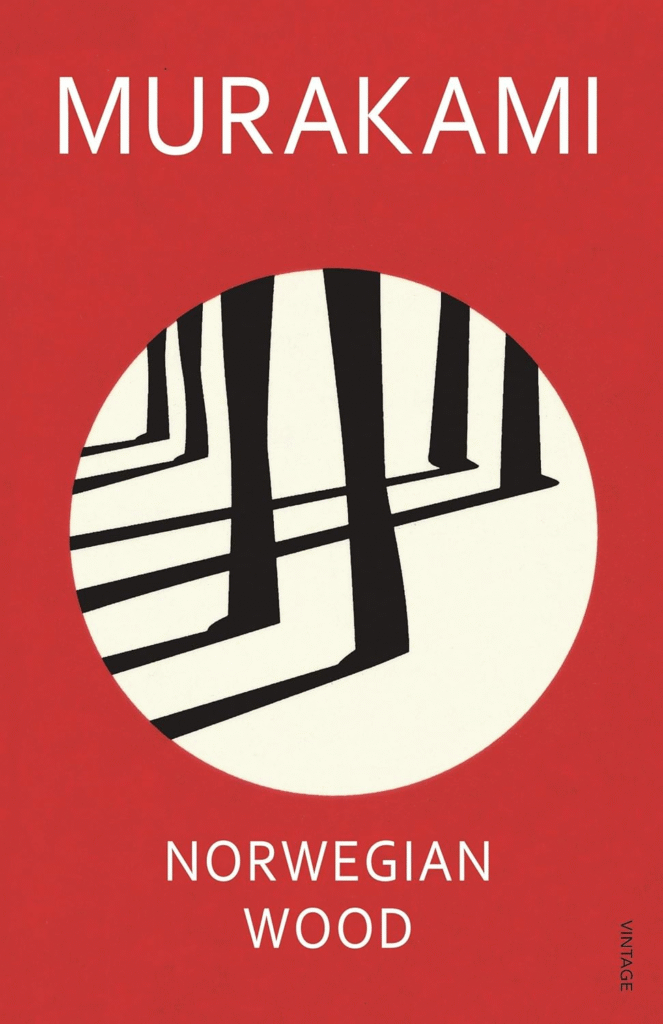
Toru Watanabe’s student life in Tokyo is marked by early love and the shadow of loss. The novel explores friendship, memory, and the subtle disconnection that echoes through daily life, placing it among noted books about isolation and alienation.
Norwegian Wood is often named among enduring books about isolation and alienation because it captures the way loneliness persists despite relationships or crowded places. Readers who have felt adrift in the middle of ordinary life find a mirror here.
Loneliness often transcends boundaries, and Norwegian Wood reflects that truth. For many readers, it remains a work that joins tenderness with distance, illustrating how solitude can shape even the years defined by love, friendship, and the search for belonging.
Non-Fiction Books On Feeling Alone And Isolated
Poetry and memoir often make loneliness visible in ways that fiction cannot. These books suit readers who turn to words for clarity, people who read deeply and want to see personal struggles set within a larger human story.
4. Devotions: The Selected Poems – Mary Oliver
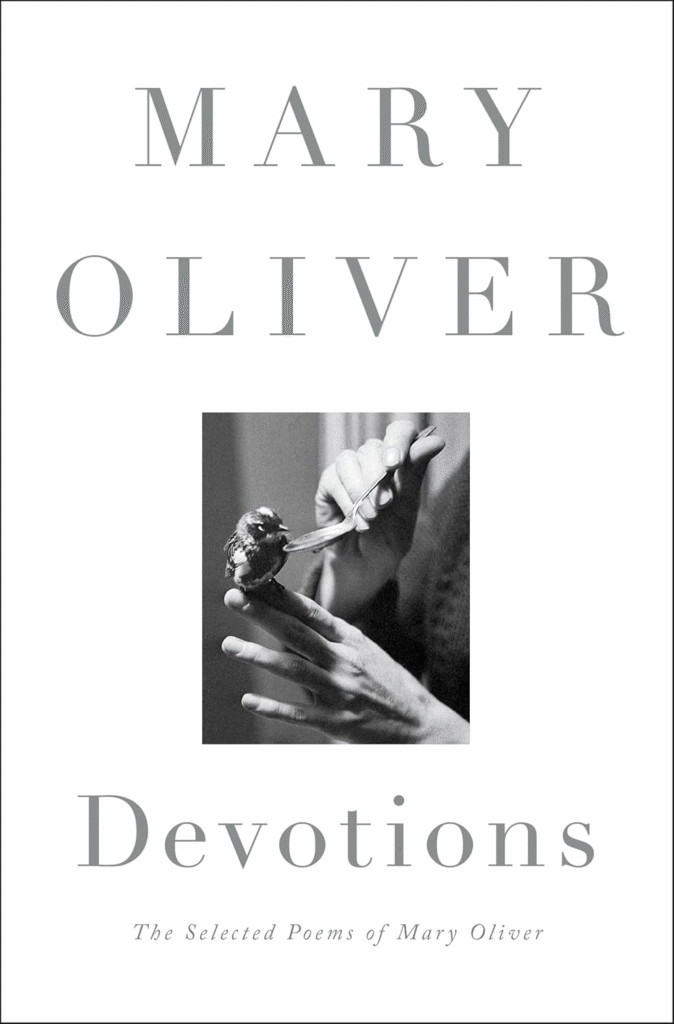
Mary Oliver’s Devotions gathers poems that look closely at fields, trees, animals, and the ordinary patterns of a day. Her language is simple, but it creates room for reflection, showing how quiet observation can make solitude less heavy and more restorative.
As one of the most widely read books that offer comfort, this collection has helped many people see solitude as restorative instead of empty and feel less alone in the world.
5. Reasons to Stay Alive – Matt Haig
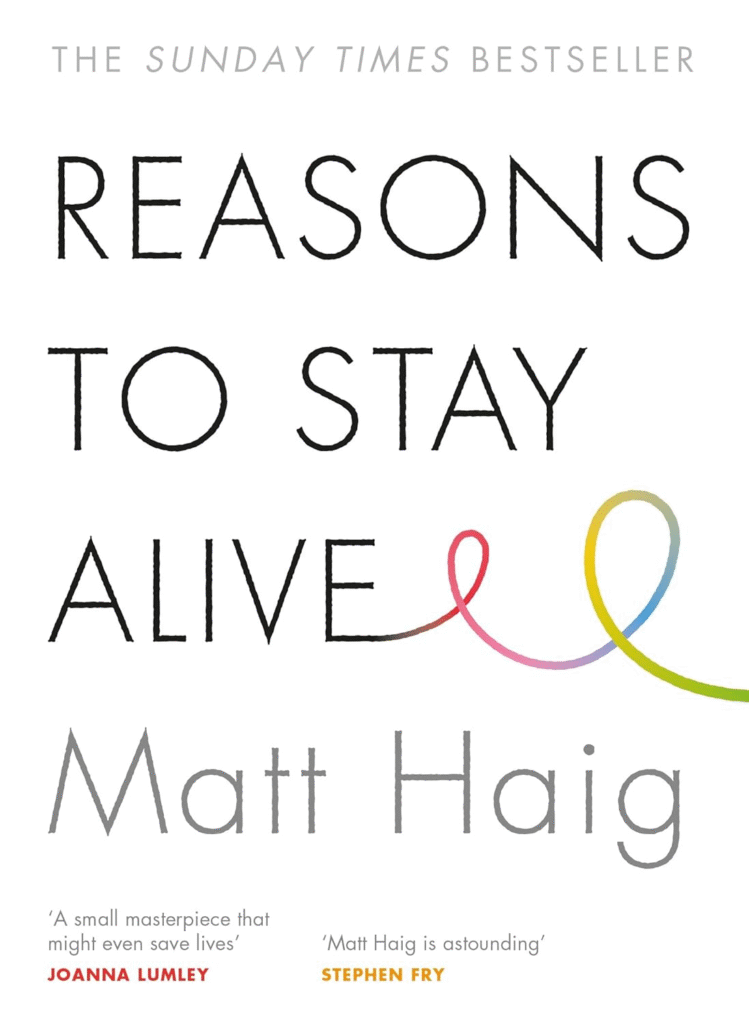
Reasons to Stay Alive traces Haig’s struggle with a severe breakdown and the gradual rebuilding that followed. His account moves through panic and despair, but also highlights the fragile steps that slowly gave him back a connection to life.
It stands out among books for lonely people because it addresses what it means to be feeling disconnected yet still searching for meaning. Haig offers both personal testimony and gentle encouragement, making the book a companion for anyone facing similar struggles.
RELATED READING: Top 10 Books To Help You Become A Better Person
6. The Lonely City – Olivia Laing
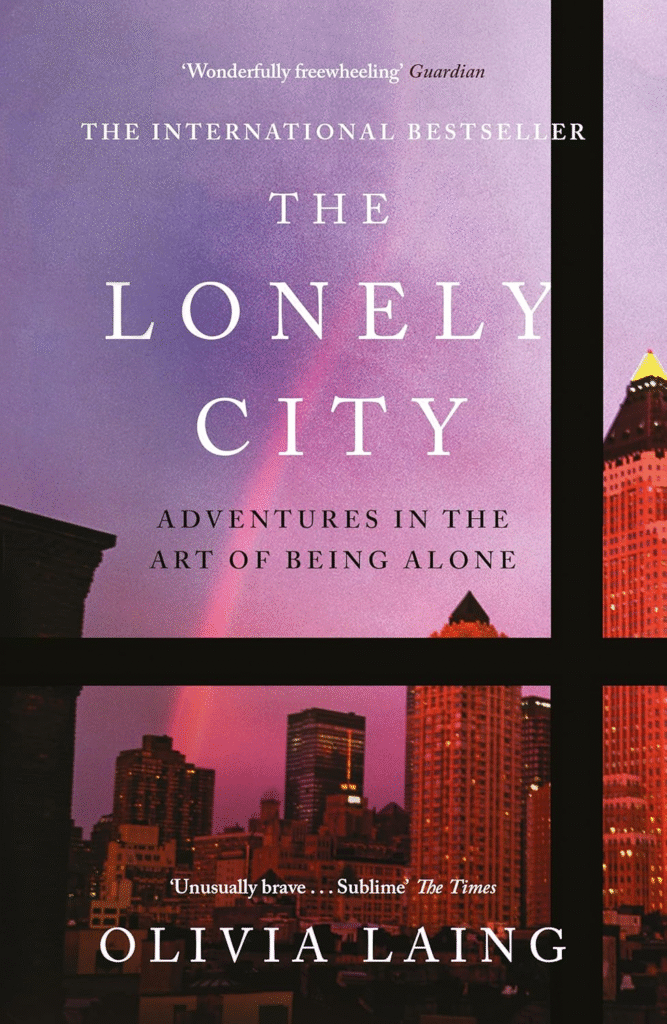
Living alone in New York, Olivia Laing faced a form of urban solitude that felt both heavy and revealing. She responds by tracing how other artists lived with loneliness, showing its imprint on painting, photography, and culture.
The book speaks to readers who need recognition in their disconnection. It shows the value of connection through reading, turning private solitude into a conversation about art and humanity.
Philosophical Books Recommended To Read When You Feel Alone
Philosophy treats solitude not as emptiness but as practice. These books about solitude suit readers who think in questions, who seek meaning rather than escape, and who want their loneliness to become a point of insight.
7. The Consolation of Philosophy – Boethius
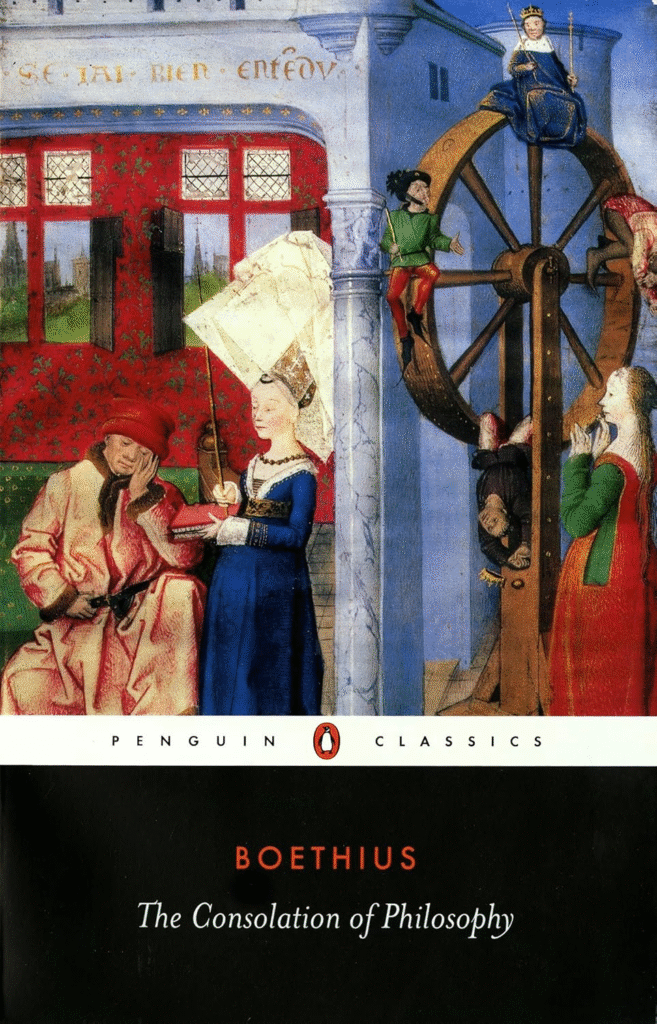
While awaiting execution, Boethius turned to writing and created a dialogue with Lady Philosophy. The Consolation of Philosophy addresses suffering, fate, and meaning, suggesting that even despair and solitude can provide a path toward strength and clarity.
Long regarded as one of the great works of philosophy, it helps readers see loneliness as a shared human experience. For anyone seeking what to read when you feel lonely, it provides both comfort and perspective, reminding us that wisdom can rise out of hardship.
8. Meditations – Marcus Aurelius
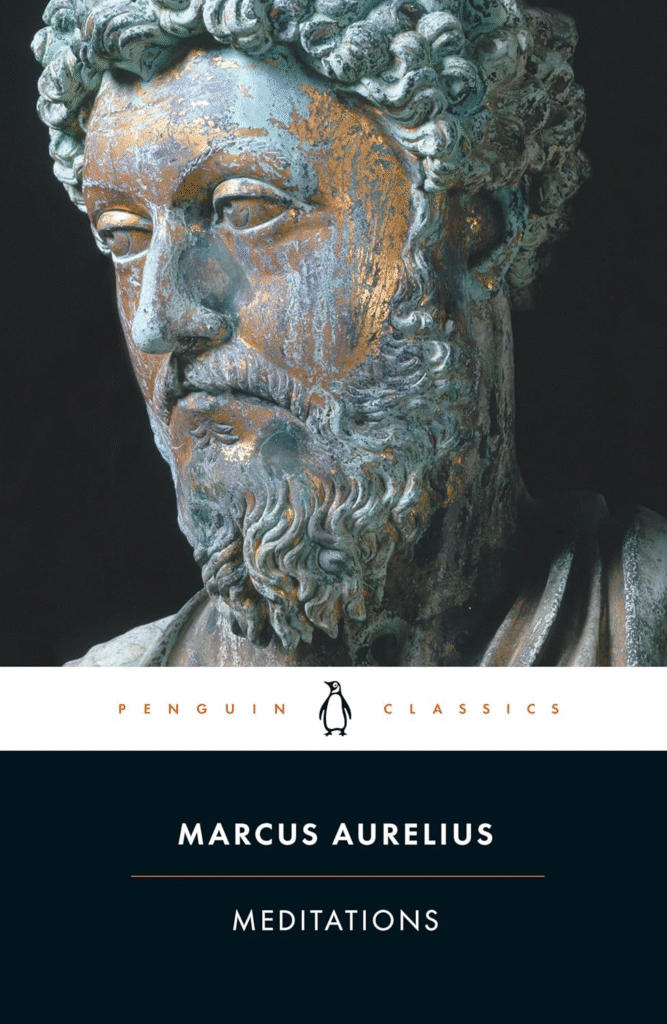
Marcus Aurelius wrote what later became Meditations while travelling with the Roman army, filling small pages with reminders to himself. He was not writing for fame. He was trying to survive each day, using Stoic philosophy as a way to steady his thoughts. These entries ask him to stay patient, to meet death without fear, and to treat solitude as practice rather than punishment.
Readers still turn to the book for the same reason. Its honesty makes it accessible, even now. You feel like you are overhearing someone talking to themselves through a difficult night. For anyone unsure of what to read when you feel lonely, Meditations remains an answer, not because it removes pain but because it makes pain understandable.
Psychology And Self-Help Books
These works use science to explain loneliness and offer steps to overcome it. They are well suited for readers who want practical tools backed by research, people who look for evidence and clear strategies to understand and address disconnection.
9. Loneliness: Human Nature and the Need for Social Connection – John T. Cacioppo

Loneliness: Human Nature and the Need for Social Connection draws on neuroscience and psychology to explain what loneliness does to health and behavior. Cacioppo shows how social bonds are essential to survival and describes the biological mechanisms that make disconnection so painful.
It remains a key title in self-help for loneliness, combining scientific research with strategies to restore social ties. For readers seeking evidence of how relationships affect well-being, it provides clarity. It also reinforces the value of reading to cure loneliness, since knowledge itself can be a tool for healing.
10. Maybe You Should Talk to Someone – Lori Gottlieb
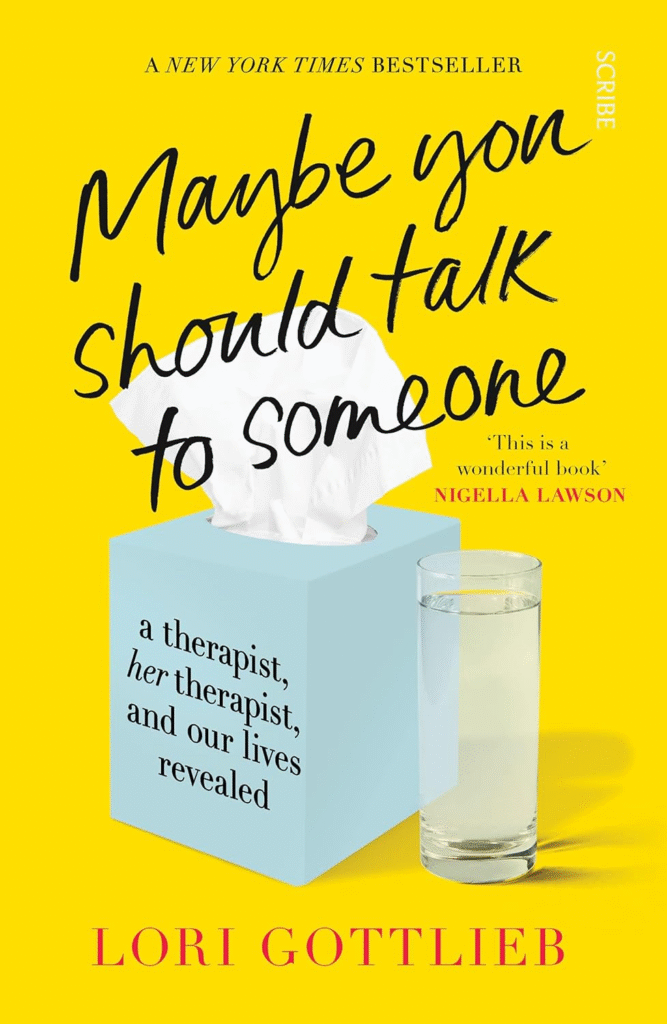
In this memoir, Lori Gottlieb invites readers into the dual world of therapist and client. She recounts her professional work alongside her decision to begin therapy after her life was unexpectedly upended. The account captures hesitation, candor, and occasional humor in the room. Alongside these, she presents the lives of her clients, each dealing with challenges that reflect the many forms of human loneliness.
Maybe You Should Talk to Someone is often placed among leading self-help books on loneliness because it shows how therapy works for both sides of the room. By presenting herself not as an authority but as a person in need, Gottlieb makes therapy approachable. Her clients’ experiences with grief and growth, relationships, and identity highlight the ways isolation touches every life.
The strength of Gottlieb’s memoir lies in how it connects the reassurance of a book with the encouragement to consider therapy. It acknowledges that literature can validate, but that true progress sometimes starts with dialogue. Seeking support is framed as a strength rather than a weakness.
Alongside this, self-help books on loneliness often bring clarity with guidance, showing that awareness must be paired with action. They remind us that ideas are useful only if lived. In this way, reading becomes a doorway, leading from recognition into change and toward a stronger connection.
Conclusion
Every book in this list exists because someone chose to write honestly about loneliness. That act alone is a reminder that no one is entirely isolated. Putting these words on the page created a connection, and reading them continues that work.
Some authors draw on science. Others turn to philosophy or personal memory. All of them make loneliness visible, which helps readers understand it rather than hide from it. Recognition itself can ease the weight of feeling cut off.
While these titles may bring recognition and ease, they cannot replace professional care. If you find that loneliness becomes overwhelming, it is important to seek help from a mental health professional.
Choose one of these books tonight, or join a reading group. Connection can start with a page.
FAQs
1. When should you read books on loneliness?
They are useful when you are living by yourself or going through a change, or healing after a breakup. If you are unsure what to read when you feel lonely, starting with short passages can bring steadiness and ease into the day.
2. Can reading help reduce loneliness?
Yes. Research shows that reading reduces isolation and improves wellbeing. Shared-reading groups and individual practice both help, making reading to cure loneliness a practical tool. Books provide recognition while also encouraging new ways to connect.
3. Do these books offer practical advice?
Yes, many combine insight with guidance. Some are written as self-help for loneliness, offering daily strategies, while others provide a perspective that makes solitude easier to bear. Both kinds help readers find healthier ways to respond.
4. Where can I get books to read when feeling sad and lonely?
Look in local libraries or independent bookstores. Online retailers also stock a wide range of books for lonely people. Joining a reading circle adds another layer of support and companionship. These spaces can be especially valuable when single and alone, offering connection through both books and conversation.




